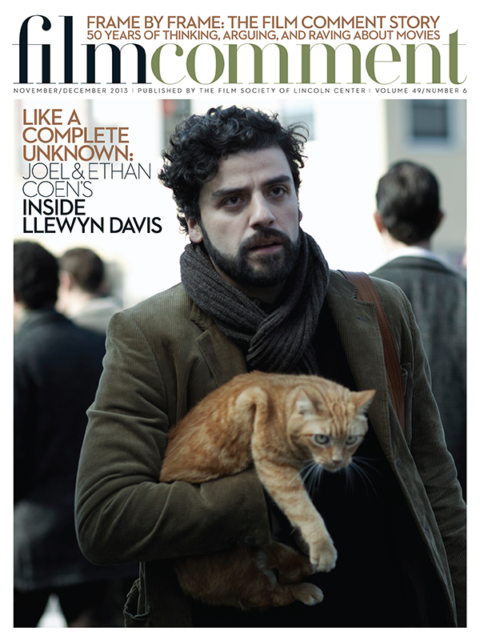
It’d be a mistake to be scared off by the subject matter, so often a vehicle for moralism: suburban teenagers hang out around town, go to parties, hook up, are annoying or sweet. Or by the pedigree of the film’s 26-year-old director, Gia Coppola—granddaughter to Francis, niece to Sofia, and first cousin once removed to Nicolas Cage. Or the pedigree of its source material, the semiautobiographical short-story collection of the same name written by James Franco. Palo Alto excels regardless of expectations and associations.
You don’t inherit the film’s ineffably elegant technique—a precociously sure-handed feel for light, performance, and time. Coppola, who also wrote the ensemble screenplay, deftly moves between characters whom she directs with a relaxed feel that lets the actors find fresh subtleties even in familiar scenarios. Fragile-looking April (Emma Roberts) is shy and good-hearted, flummoxed by the attentions of an authority figure, her soccer coach (Franco), and nursing a crush on a boy, Teddy (Jack Kilmer), a flop-haired laid-back kid. Teddy gets into trouble by driving under the influence but makes up for it (through community service, and a certain decency), while his friend Fred (Nat Wolff) harbors an issue or two, perhaps the force feeding his anarchical aggression.
The locale of Palo Alto, as shot by cinematographer Autumn Cheyenne Durald, comes across beautifully under cool, often autumnal light. But the soft glow and the chill soundtrack don’t set the characters apart in another realm—these ordinary teenagers feel palpably real, with access to pools, cars, and pot, but not fixed on a predetermined path. It’s a formidable debut that shows amazing promise, and care.








